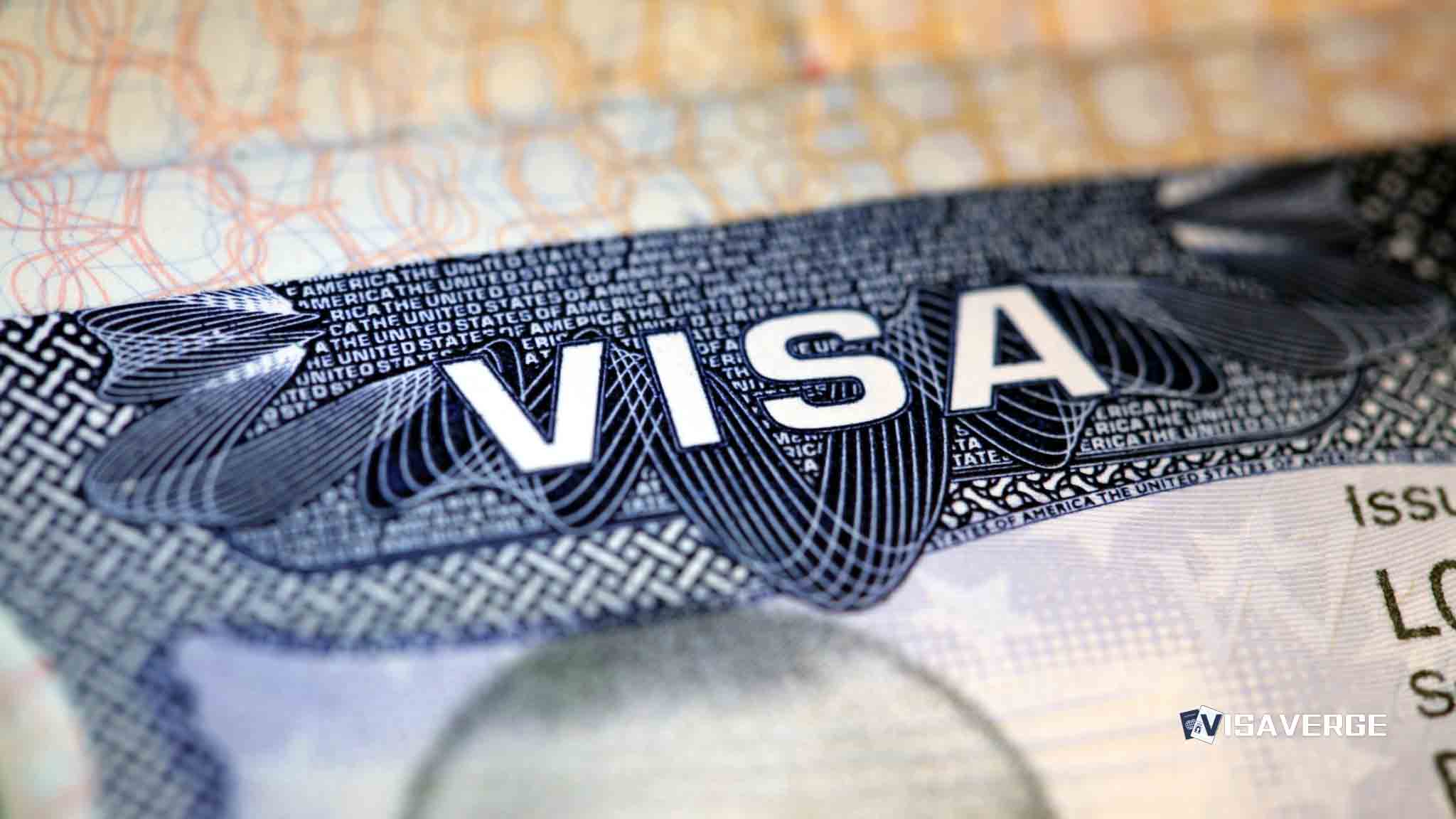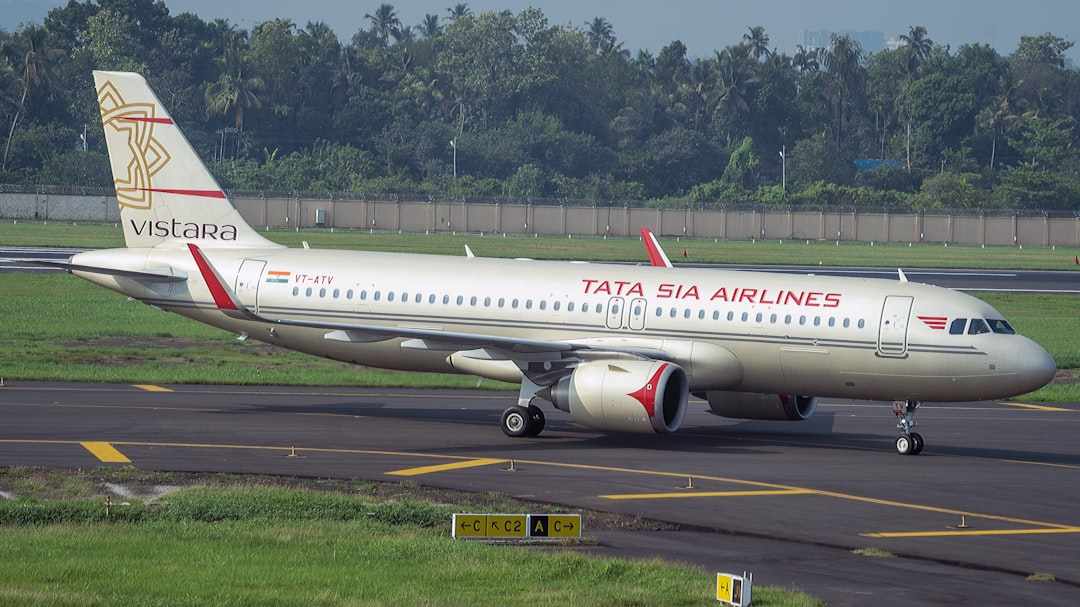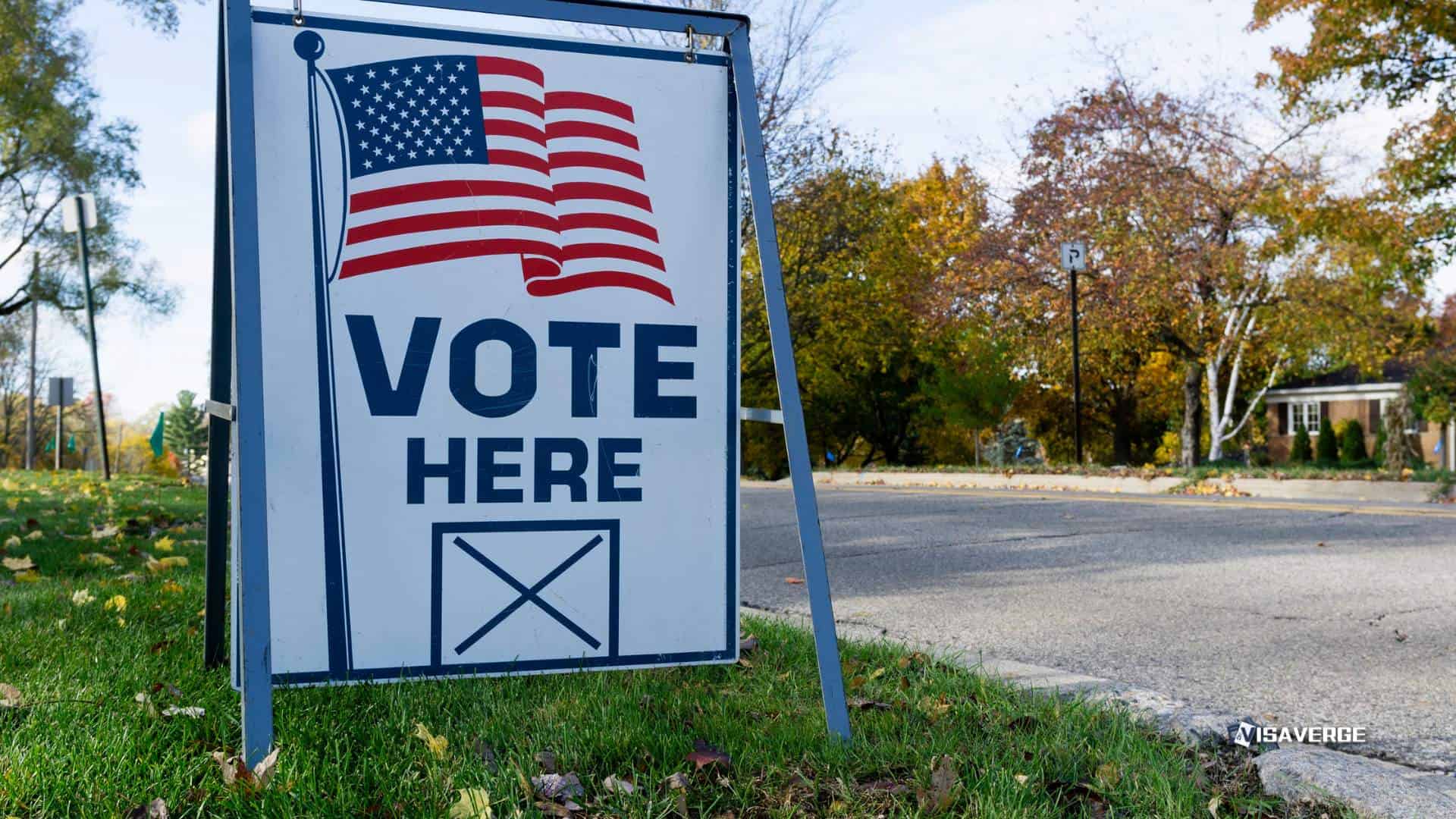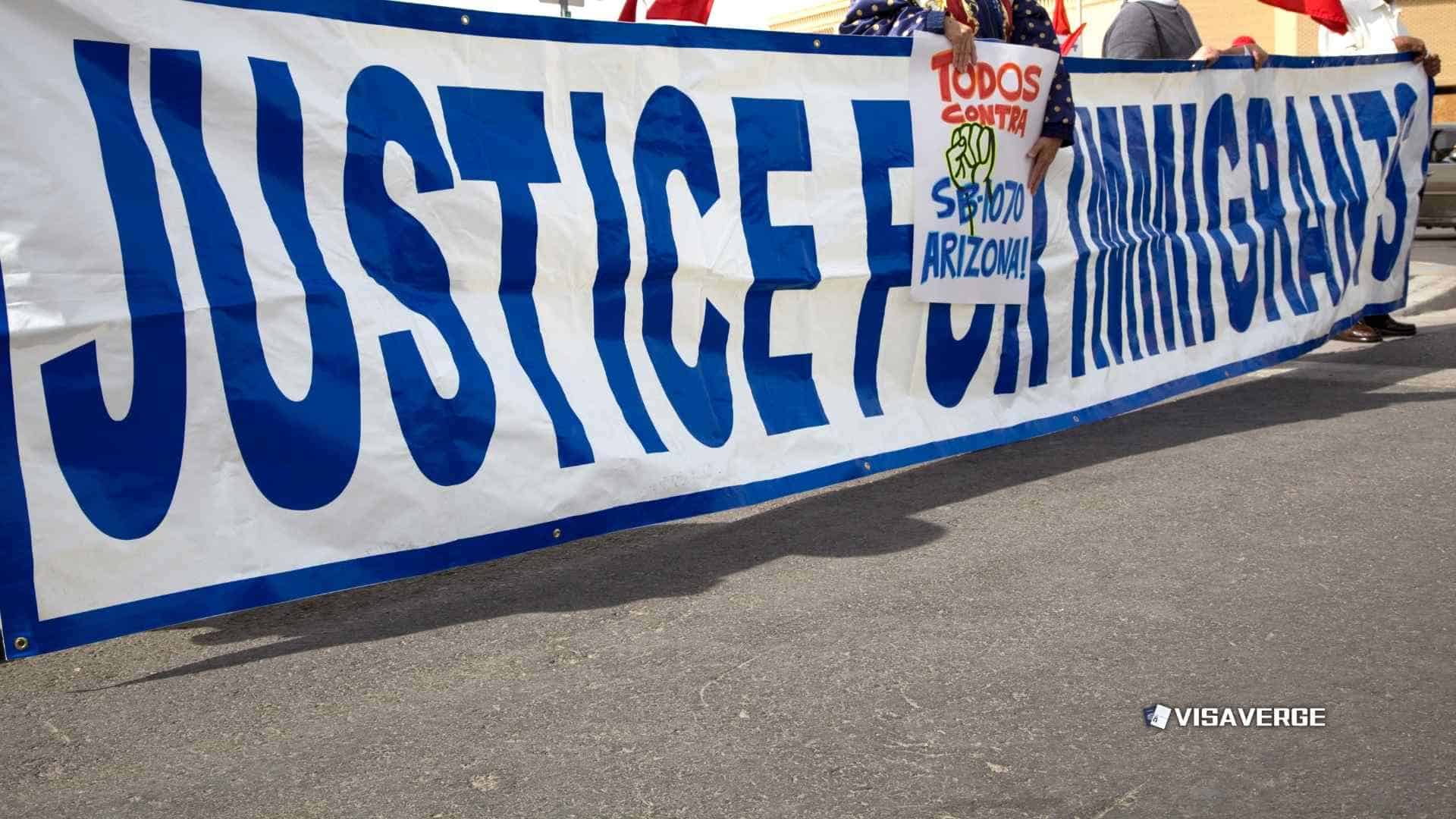A 62-year-old Pakistani woman, Rakshanda Rashid, will receive a visitor visa to return to India after being deported from Jammu following the April 22, 2025, Pahalgam attack. The Ministry of Home Affairs (MHA) told the Jammu and Kashmir High Court that it will grant her a visitor visa, offering relief to her family and addressing legal and humanitarian concerns.
Rakshanda Rashid had lived in Jammu for nearly 38 years after marrying a local resident, Sheikh Zahoor Ahmed, who is the chairman of the Muslim Front, Jammu. Her long-term visa expired in January 2025, and while she was seeking renewal, the Pahalgam attack led to a sudden crackdown on Pakistani nationals living in India. The attack, which killed 26 people—mostly tourists—prompted the Indian government to take strict security and diplomatic steps, including deporting Pakistani nationals whose visas had expired or were under review.
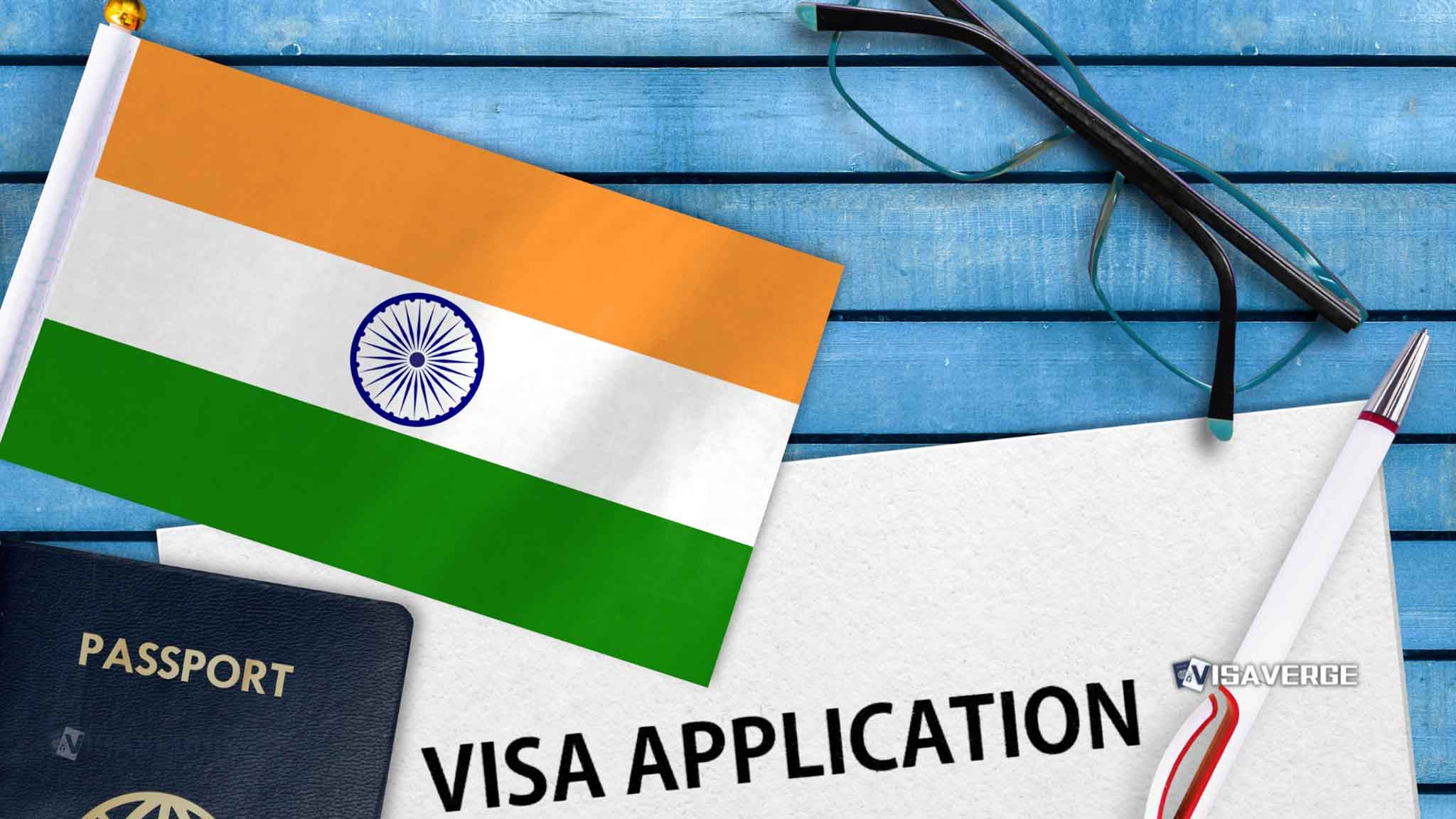
Key Details of the Case
- Who is involved: Rakshanda Rashid, a Pakistani woman married to an Indian citizen, and her husband, Sheikh Zahoor Ahmed.
- What happened: She was deported after her long-term visa expired, following the Pahalgam attack.
- When: The deportation occurred after April 22, 2025, with the visitor visa decision announced in early August 2025.
- Where: Jammu, India, and the High Court of Jammu and Kashmir.
- Why: The government acted in response to the terror attack, enforcing stricter rules for Pakistani nationals.
- How: The MHA decided to grant a visitor visa after legal challenges and a court order.
Background and Context
The Pahalgam attack on April 22, 2025, was a major event that changed the lives of many, especially those with ties to both India and Pakistan. Terrorists killed 26 people, most of them tourists, in the popular hill town of Pahalgam. This led to increased security and new rules for Pakistani nationals living in India. Many, like Rakshanda, who had lived in India for decades, suddenly faced deportation if their visas were not current.
Rakshanda’s long-term visa, which allowed her to live in India, expired in January 2025. She had already started the renewal process, but the attack caused the government to speed up deportations. She was sent back to Pakistan, even though she had spent most of her adult life in Jammu and had strong family ties there.
Her deportation sparked legal action. The Jammu and Kashmir High Court ordered that she should be allowed to return to India within 10 days of her deportation. However, both the Jammu and Kashmir government and the central government challenged this order, leading to further court hearings and public debate.
The Visitor Visa Decision
The Ministry of Home Affairs’ latest move is to grant Rakshanda a visitor visa. A visitor visa is a temporary permit that allows someone to visit India for a short period. It does not give the right to live or work in India long-term. This decision means Rakshanda can visit her family in Jammu but does not restore her previous long-term residency.
The visitor visa process includes several steps:
- Application submission: The applicant must fill out the official visitor visa form and provide supporting documents.
- Security clearance: Indian authorities review the application and check security records.
- Visa issuance: If approved, the Indian consulate or embassy issues the visitor visa.
For more information on visitor visa requirements and application steps, readers can visit the Ministry of Home Affairs official website.
Legal and Humanitarian Considerations
This case highlights the difficult balance between national security and humanitarian needs. The government’s decision to grant a visitor visa shows a willingness to consider individual circumstances, especially for people with deep family and community ties in India. According to analysis by VisaVerge.com, such cases often require careful review to ensure that security concerns do not override basic human rights.
Advocate Ankur Sharma, who has spoken publicly about the case, noted, “This is not just a legal issue, but a humanitarian one. Rakshanda has lived here for decades, her family is here, and she has followed the law.” The High Court’s involvement and the MHA’s response show that legal processes can sometimes lead to more compassionate outcomes, even in tense situations.
Implications for Other Pakistani Nationals
The decision to grant a visitor visa to Rakshanda Rashid may set an example for similar cases. Many Pakistani nationals have lived in India for years, often after marrying Indian citizens. When diplomatic tensions rise, these individuals can find themselves caught between two countries, facing sudden changes to their legal status.
Key points for affected individuals:
- Visitor visas allow short-term visits but do not provide long-term residency or work rights.
- Long-term visa (LTV) holders must keep their documents up to date and start renewal processes early.
- Legal support can help in challenging deportation or visa denials, especially when family unity is at stake.
Community Impact and Reactions
The news of Rakshanda’s visitor visa has brought relief to her family and supporters in Jammu. Her husband, Sheikh Zahoor Ahmed, expressed hope that she would soon be able to visit and spend time with her loved ones. Community members have called for more flexible policies for people in similar situations, especially those who have built their lives in India over many years.
At the same time, some groups support the government’s strict approach, arguing that national security must come first, especially after attacks like the one in Pahalgam. The debate continues, with courts and officials weighing the rights of individuals against the need to protect the country.
Looking Ahead
The MHA’s decision is expected to be implemented soon, allowing Rakshanda to return to India on a visitor visa. However, her long-term future remains uncertain, as the visitor visa does not restore her previous rights. There may be further legal or administrative steps, depending on how long she wishes to stay and whether she seeks to regain long-term residency.
This case also draws attention to the broader challenges faced by cross-border families and the need for clear, fair immigration policies. As India and Pakistan continue to face diplomatic and security issues, cases like Rakshanda’s will likely remain in the spotlight.
Practical Guidance for Affected Individuals
- Start visa renewal early: Begin the process well before your visa expires to avoid problems.
- Keep documents ready: Always have copies of your visa, passport, and other important papers.
- Seek legal help: If you face deportation or visa issues, consult a lawyer familiar with immigration law.
- Stay informed: Follow updates from official sources like the Ministry of Home Affairs and the Jammu and Kashmir High Court.
For those seeking to apply for a visitor visa, the Bureau of Immigration and Indian consulates can provide guidance and support.
The situation remains dynamic, and affected families should stay alert to changes in policy and legal rulings. The case of Rakshanda Rashid shows both the challenges and possible solutions for people caught between countries due to sudden policy changes.
This Article in a Nutshell


